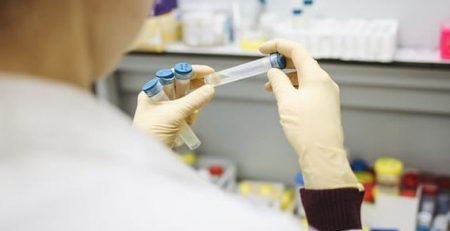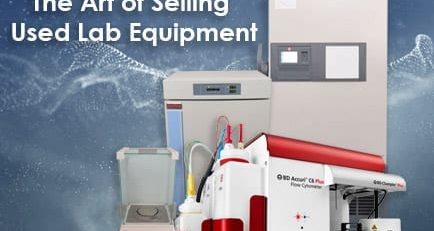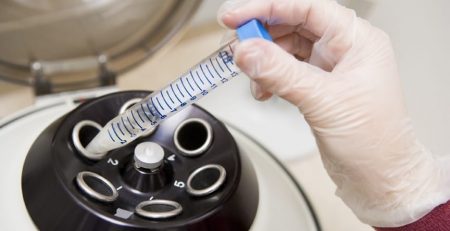Lab Incubator
Many research and development centers these days are associated with already well-established organizations, however there are still many laboratory entrepreneurial ventures that hope to grow into a full-fledged business. While startup labs and incubators have been the norm in the business and technology fields, a new trend of co-working spaces is emerging, particularly in the field of life sciences.
According to Massachusetts Life Sciences Center, there are over 20 incubators in the state of Massachusetts, the majority of which are in the greater-Boston area. These incubators allow entrepreneurs access to space and laboratory equipment at a fraction of the cost of starting up their own labs. “No one thinks about it when they’re starting, but over the course of that first year, [operations] take up so much of the founder’s time,” Mass Innovation Labs CEO Armit Chaudhuri said in an interview with STAT News.
Each facility is different, but the majority provide administrative support, laboratory personnel and the necessary scientific equipment and supplies. They also take care of the administrative work required to secure permits and suppliers. And it’s not just the physical space that benefits the tenants of these locations, it’s the ability to work alongside and collaborate with like-minded scientists and founders.
“They go in with an expectation that this will be their office space, but they get much more out of it than expected,” said Mark Moreau, director of operations for the CIC sites in Cambridge.
Many of these incubators also have multiple locations across the United States and beyond. Cambridge Innovation Center, which got its start in Kendall Square, now boasts locations in Miami, Philadelphia, St. Louis, and Rotterdam, Netherlands.
“We think finding a city that is sort of on the cusp of really blowing up and having a really dynamic innovation ecosystem.” Sarah Delmar, director of global expansion, told STAT, “Those are places we can have a really meaningful impact.”














